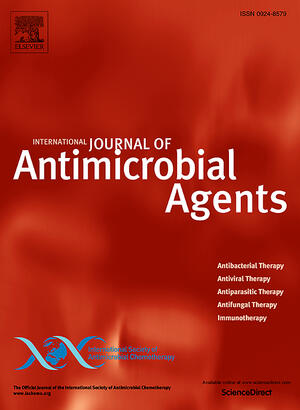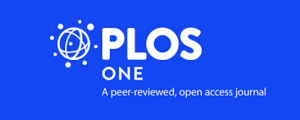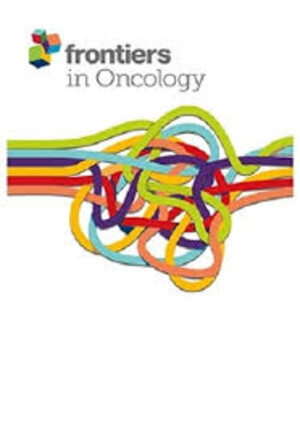
Fakes and chemicals: Indigenous medicine in contemporary Kenya and implications for health equity
Abstract
Background Access to effective biomedical treatments for humans and livestock in Kenya is far from universal. Indigenous healing has a significant role to play in contemporary society in Kenya, yet access is not the only reason for this. Beliefs surrounding the composition of biomedicines, people’s experiences of biomedical care, and issues of counterfeit biomedicines sold over the counter have led to patients seeking care outside of biomedical institutions. Methods This study explores local realities of treatment seeking in one rural and one urban study site, for both humans and their livestock, including when, where and how people access certain types of medicines. Using an ethnographic approach to interviews, focus groups and observations, I explore the role that indigenous healing, both herbal and occasionally spiritual, plays within this context with healers and community members. Results Indigenous healing remains important for many people due to their mistrust and suspicion of biomedicine and big pharma. Their interactions with the healer or doctor, and the equity of these interactions, influence their decisions whether to access herbal or biomedical care, or a combination of the two. Indigenous healing bridges the gap many people experience when they are unable to access biomedical treatments and effectively creates a broader, more equitable coverage for healthcare. The plurality of reasons surrounding decision making is complex, but it is clear that many people often use indigenous healing, improvements in the regulation of both formulas and practice would assist people to access more effective treatment. Conclusions Indigenous healing is an important way in which Kenyans in rural and urban areas access healthcare for themselves and their animals. Issues of counterfeit biomedicines have led to broad mistrust and people favour indigenous healing, depending on the illness or severity of symptoms. Indigenous healing is a vital way in which people in underserved rural and urban populations access care. Herbal medicines and indigenous healing are trusted due to the greater transparency in their creation, and the more equitable relationship between indigenous doctor and patient. The study demonstrates that a pluralistic system is appropriate to increasing equity in access to healthcare in both urban and rural settings, as well as the importance of biomedical care providers respecting indigenous healing and viewing it with legitimacy. By taking a One Health perspective to understand the intersection of humans, livestock and the environment, we can better understand critical aspects affecting decision making for treatment and implications for healthcare equity in a rapidly changing world.
Citation
Howland, O. 2020. Fakes and chemicals: indigenous medicine in contemporary Kenya and implications for health equity. International Journal for Equity in Health 19: 199.








